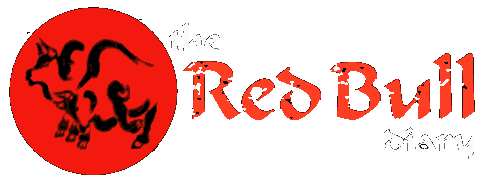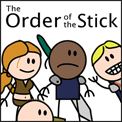Designers and Design Documents
I read two very interesting blog posts today. The first comes from Brian "Psychochild" Green, entitled "What is a game designer?". He is training a new designer for an MMO he's working on and so has decided to share his thoughts on what a the job is all about. For anyone who's interested in the field, it's a fascinating read, mainly because he comes at the topic from a very pragmatic and sober perspective of someone with the wisdom of experience. For him, a designer, is more of a project manager than anything else, at least in the context he is describing. To paraphrase, a designer is a communicator first and foremost. His job is to communicate ideas about how the various systems that make up a game will work together, and to clearly outline alternatives when he foresees problems with the ideas in place. He researches and documents the systems, trying to keep everything in balance from a game perspective. He's the one focused on the game as a whole while others are focused on code, art, or marketing. At the end of his post, he links to a post by Brandon Reinhart, "The Elements of a System Design Doc". This one is a guide to writing up a game design so that others can understand it. He stresses knowing your audience (primarily, developers and other designers) and maintaining a focus on the abstract without bogging down in implementation details. I highly recommend that any aspiring designer read both of these posts to find out how the job is done in a formal setting.
Labels: documentation, game design, psychochild

 RSS
RSS


www.allowe.com/gamedesign/index.htm
One clarification is that a game designer isn't necessarily a project manager. The important aspect of communication is to make sure that the ideas are communicated to everyone involved. If your great ideas don't get communicated well to the programmers, for example, they are going to have to fill in details and may implement something completely different than the intended design. (Sometimes, of course, this may be a good thing...)
In the industry, however, a lead developer will usually be expected to do a bit of project management. However, I was in a great conversation with some game developers yesterday where we were talking about the need for more specialized project managers to keep things on track, freeing up the leads to focus on their job and leading their subordinates. Unfortunately, the expectation is that the designer will do some project management, even though great designers and leaders aren't necessarily great project managers.
I'm very happy people are getting value from the post.
Have fun!